Scientists tested a brain implant that replicates short-term recall in patients with memory loss. It may have actually worked.
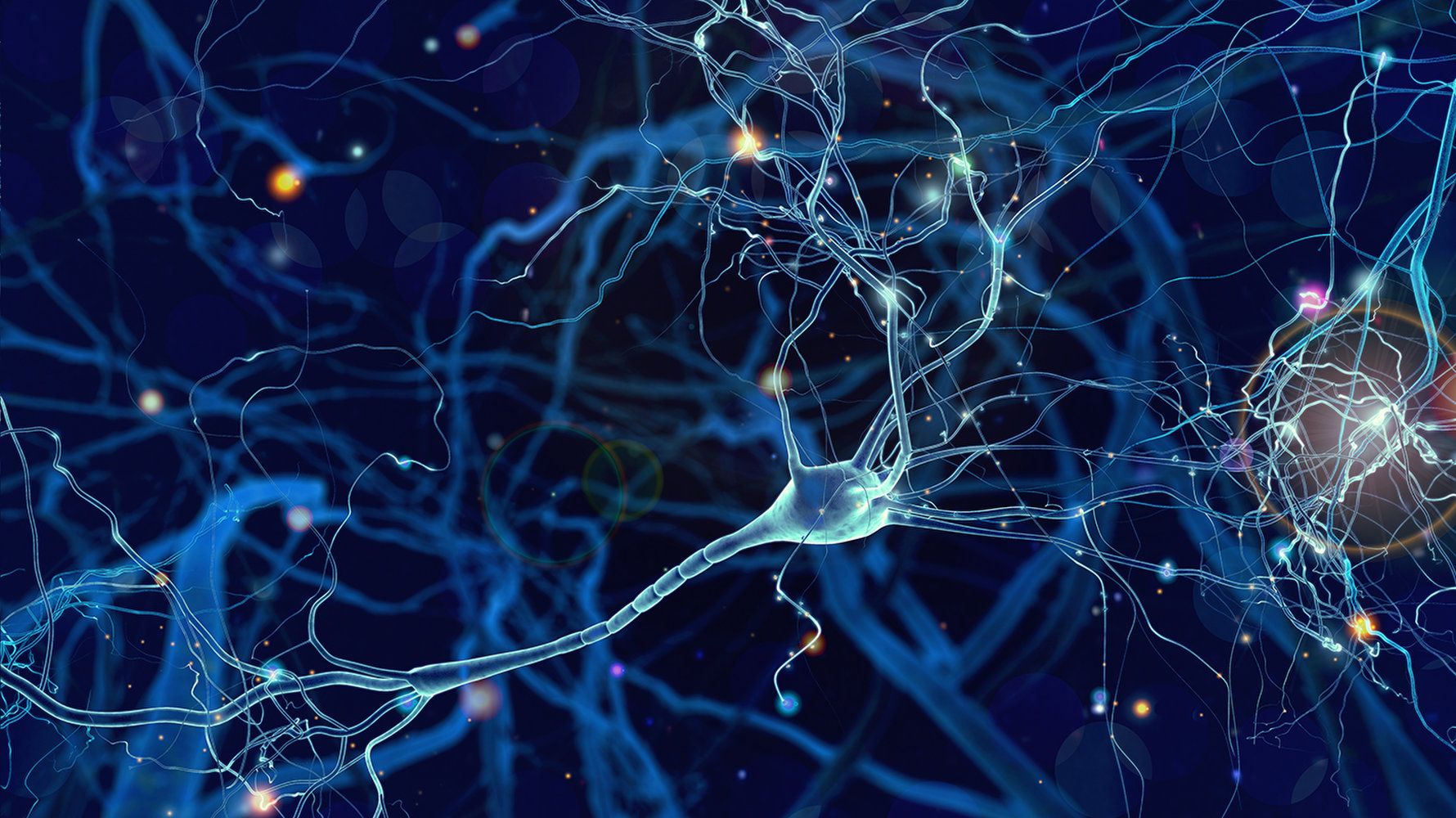


Dreams are so strange and carry so much significance to us that we often feel the need to tell people about our nocturnal adventures, sometimes at tedious length.
But if you understand what goes on inside the brain as dreams take their course, they start to make a lot more sense. And dreams are much more important than you might think.
Here are some common questions answered about the nighttime hallucinations we call dreams.
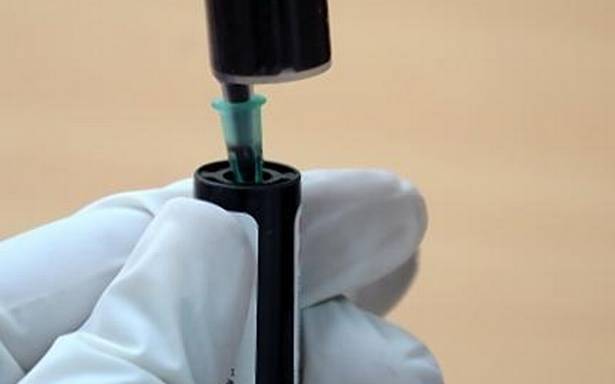
Will open avenues for drug discovery
Scientists have developed a new blood test for Alzheimer’s disease that can detect early indicators of the disease long before the first symptoms appear in patients. The blood test would thus open the door to new avenues in drug discovery, said the researchers from Ruhr University Bochum in Germany.
The blood test uses a technology called immuno-infrared sensor to measure distribution of pathological and healthy structures of amyloid-beta, according to a study published in the Molecular Cell. The pathological amyloid-beta structure is rich in a sticky, sheet-like folding pattern that makes it prone to aggregation, while the healthy structure is not.
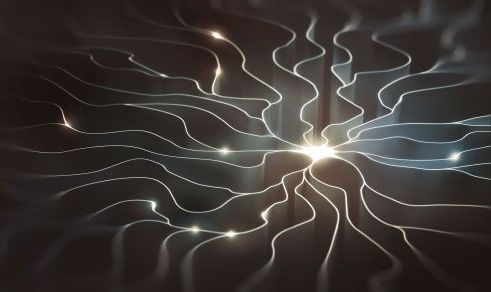
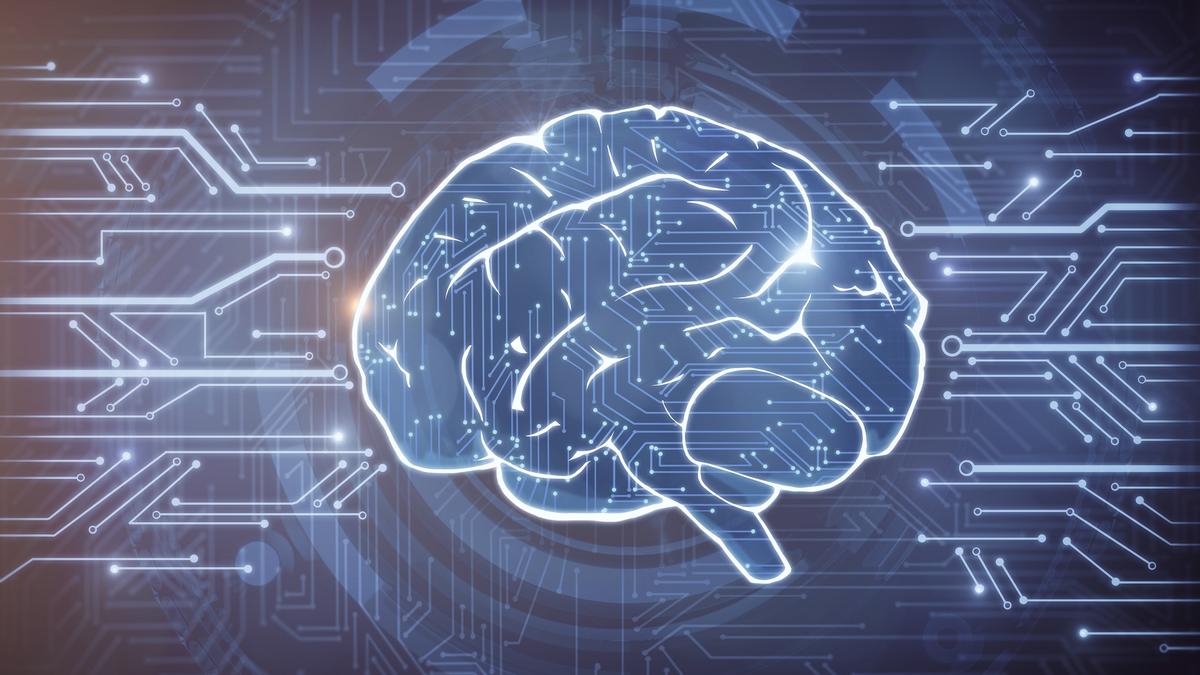
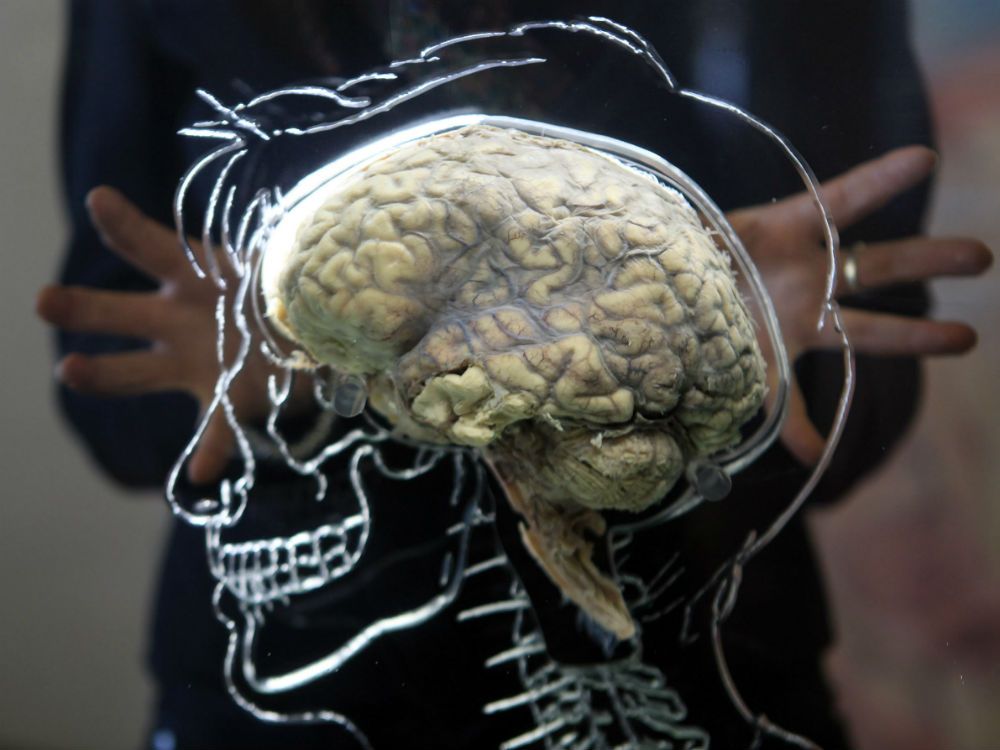


Cutting calories by 15% may help protect us against age-related diseases, suggests a new report of a landmark calorie restriction trial with adults. [This article first appeared on LongevityFacts. Author: Brady Hartman. ]
The landmark CALERIE study reports that cutting calories by 15 percent slows down an aging metabolism and may help protect against age-related diseases, such as Alzheimer’s, Parkinson’s, type 2 diabetes, cancer and other ailments. The researchers published their results on March 22 in the journal Cell Metabolism.
The researchers found that calorie restriction decreased systemic oxidative stress, one of the nine hallmarks of aging linked to age-related diseases.

How can we help educate the general public?
___ Why you shouldn’t bother with memory or brain health supplements (Consumer Reports): The signs of memory loss can be bewildering and scary: misplaced keys, a forgotten street name, that task you suddenly can’t remember. It’s no wonder that, according to the Nutrition Business Journal, sales of supplements touted.
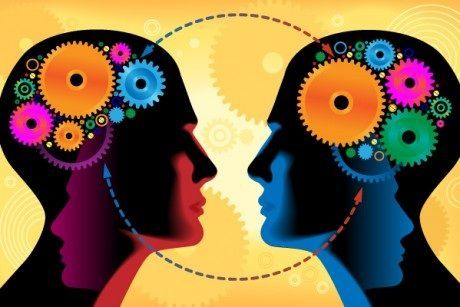
A new study has confirmed that humankind’s capacity for love and friendship sets us apart from all other species. Researchers at University of Virginia have found that humans are hardwired to empathize with those close to them at a neural level.
Interestingly, the ability to put yourselves in another person’s shoes depends drastically on whether the person is a stranger or someone you know. The study titled “Familiarity Promotes the Blurring of Self and Other in the Neural Representation of Threat” appears in the August issue of the journal Social Cognitive and Affective Neuroscien ce.
According to researchers, the human brain puts strangers in one bin and the people we know in another compartment. People in your social network literally become entwined with your sense of self at a neural level. “With familiarity, other people become part of ourselves,” said James Coan, a psychology professor in University of Virginia’s College of Arts & Sciences who used functional magnetic resonance imaging brain (fMRI) scans to find that people closely correlate people to whom they are attached to themselves.